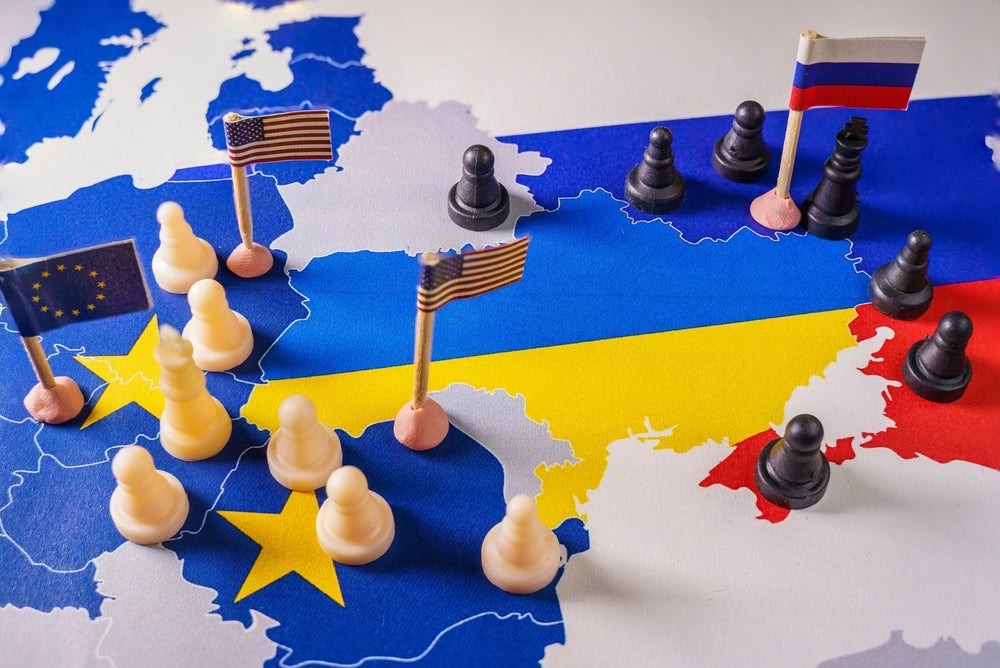When former UK Conservative Prime Minister Harold Macmillan was asked what the greatest challenge for a statesman was, he replied: “Events, dear boy, events.”
What he meant was that governments, whatever their previously stated political hue or agenda, are at risk of worldwide events. They could be wars, terrorism, economic events, weather events, or incidents that by the very seriousness of their nature turn national—and international—politics on their head.
Today, you could probably interpret ‘events’ as the theme ‘geopolitics’. Alongside artificial intelligence, geopolitics is one of the themes of 2023. It will be no less important in 2024 either.
In the past, it might have been easy for companies to consider that their day-to-day business was not going to be blown off course by geopolitics. Surely, geopolitics was something that only delivered a 50,000-foot perspective, the most expansive view possible, and was inapplicable to most commercial organizations?
Not so. One commercial organization based in the midwestern US recently admitted that in the past it never had to unduly consider the implications of geopolitics. Now, post-Covid, and amid the Russia-Ukraine conflict, it very much does have to consider geopolitics.
What’s the problem with geopolitics?
If businesses are having to consider the impact of geopolitics, so too do countries, even those that do not consider themselves to be at risk of problems, or have other plans.
How well do you really know your competitors?
Access the most comprehensive Company Profiles on the market, powered by GlobalData. Save hours of research. Gain competitive edge.

Thank you!
Your download email will arrive shortly
Not ready to buy yet? Download a free sample
We are confident about the unique quality of our Company Profiles. However, we want you to make the most beneficial decision for your business, so we offer a free sample that you can download by submitting the below form
By GlobalDataThe problem with geopolitics is that it is no respecter of timetables or political agendas, as the 2019 British government, elected on a Brexit pledge, found to its cost when another unforeseen geopolitical event, Covid-19, hit.
The UK government, keen to push ahead with its political agenda of getting Brexit done, believed the Department of Health was exaggerating the dangers of the pandemic. It wasn’t.
Canada, no longer a “fireproof house”
All countries can find themselves buffeted by geopolitics, even those that have previously managed to avoid them. Take Canada, for example. A recent article in the Financial Times, ‘How geopolitics caught up with Canada,’ discussed how Canada, once described by Canadian politician Raoul Dandurand in the 1920s as a “fireproof house”, surrounded on three sides by the Pacific, Arctic, and Atlantic oceans—and with a friendly neighbour in the US to the south—is now no longer detached from “the harsh realities of geopolitics.”
The article discussed how Canada has “found itself sucked into a series of perilous foreign policy dilemmas that have left it struggling to balance its values, interests, and identity. In particular, Canada now finds itself at loggerheads with both India and China—the two most populous nations and the rising powers of this century.”
In the past year, Canada has accused China of interfering in its domestic politics and criticized the Chinese military for flying dangerously close to its aircraft over the South China Sea.
The FT reported some comments by the Canadian foreign minister Mélanie Joly, in a speech in October. Joly said, “The tectonic plates of the world order are shifting. Our location on the globe—surrounded by three oceans—can no longer be relied upon to protect us.”
AI, soon to be on the Davos agenda
In an FT interview, Joly says she was not explicitly referring to Dandurand when she argued Canada’s location was no longer enough to protect the country. “Instead, she was pointing to new risks facing the country, such as cyber and digital-related threats, including the use of artificial intelligence to facilitate political interference.” She may well have been right.
Given the recent discussions over OpenAI, do not be surprised to find the existential threat of AI—if not Sam Altman himself—turning up on the agenda for the World Economic Forum in Davos from January 15–19, 2024.
It is no coincidence that we define a theme as ‘anything that will keep the chief executive awake at night.’ As 2024 approaches, it brings with it the gifts of a continuing Russia-Ukraine conflict, worries over where AI is headed, the Summer Olympics in Paris, a UK general election, and, in November, a divisive US presidential election for wide-awake-at-4AM chief executives—also read presidents, prime ministers, central bankers, health officials, and Silicon Valley CEOs.








